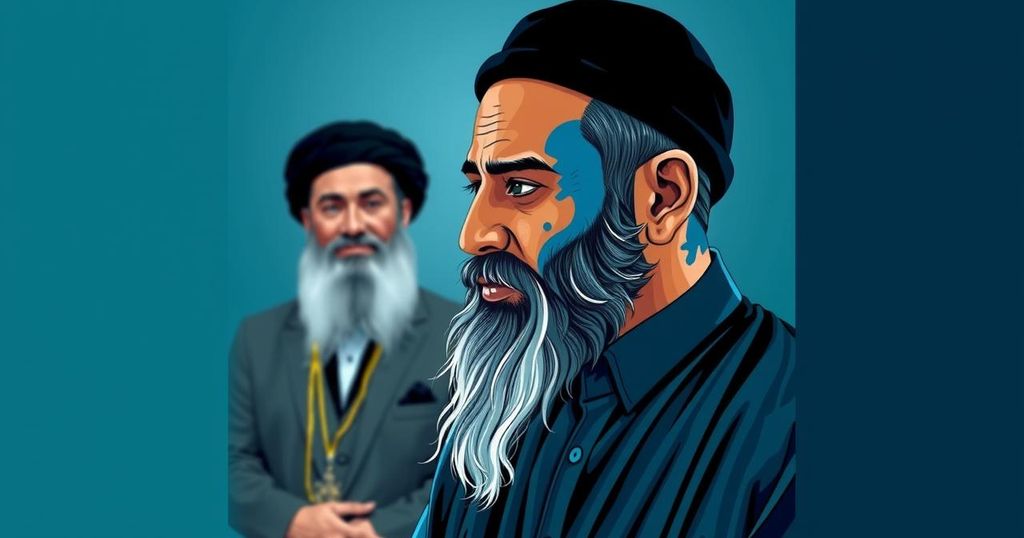The United Arab Emirates has arrested three Uzbek nationals in connection with the murder of Rabbi Tzvi Kogan, who was found dead under suspicious circumstances considered an anti-Semitic attack. This incident has alarmed the Jewish community in the UAE, prompting international condemnation and calls for accountability.
On November 25, 2023, authorities in the United Arab Emirates announced the arrest of three Uzbek nationals who are suspects in the murder of Israeli-Moldovan Rabbi Tzvi Kogan, aged 28. Kogan’s lifeless body was discovered by security services last week, and his death was described by Israeli officials and a Jewish organization as an anti-Semitic attack. This incident has shaken the small Jewish community within the predominantly Muslim UAE, a nation that prides itself on its reputation for safety and religious tolerance. The suspects, identified as Olimboy Tohirovich, Makhmudjon Abdurakhim, and Azizbek Kamilovich, were apprehended on a Sunday, and investigations are ongoing to determine their motives and the circumstances surrounding the crime.
Rabbi Kogan represented the Chabad Hasidic movement in the UAE, where he was involved in outreach activities and managed a kosher supermarket in Dubai. In a statement on X, Israeli Prime Minister Benjamin Netanyahu condemned the murder, labeling it an “abhorrent anti-Semitic terrorist attack.” Moreover, the White House expressed that accountability for this “horrific crime” was essential. With Kogan’s repatriation planned, the Chabad-Lubavitch movement has stated that his funeral will be conducted in Israel.
The UAE, having normalized relations with Israel in 2020 through the Abraham Accords, has actively sought to foster an environment of tolerance among its diverse population. This murky event, however, raises questions about safety, as noted by UAE presidential adviser Anwar Gargash, who asserted the nation remains committed to being “a society of tolerance and coexistence.” UAE officials did not disclose specific details regarding the motives or circumstances surrounding Kogan’s murder, though senior rabbi Elie Abadie condemned the act as a “tragic and terrorist act,” reflecting an offense against the Jewish community and the ethos of peaceful coexistence upheld in the UAE. Authorities have since issued warnings to Israeli citizens regarding travel to the UAE, underlining the precarious nature of the current situation.
The murder of Rabbi Tzvi Kogan comes at a sensitive time for the Emirati Jewish community, which has maintained a low profile amidst increasing tensions following the recent Israel-Hamas war. The UAE, known for its efforts in promoting religious tolerance and interfaith dialogue, opened its first official synagogue in Abu Dhabi just last year. The rise of anti-Semitic acts in various regions, especially amid political turbulence, has raised alarms for communities that advocate coexistence. Rabbi Kogan’s tragic death not only highlights the vulnerabilities faced by Jewish expatriates in the UAE but also calls into question the safety measures in place for minority communities in the Gulf region.
In summary, the recent murder of Rabbi Tzvi Kogan has elicited widespread condemnation and scrutiny regarding safety within the UAE’s Jewish community. As investigations continue surrounding the motives of the three Uzbek suspects, the incident raises critical questions about the potential rise in anti-Semitism within a country that prides itself on tolerance. This event has implications for international relations as both Israeli and Emirati officials seek to address the cultural and safety concerns prompted by this tragic incident.
Original Source: www.channelnewsasia.com






